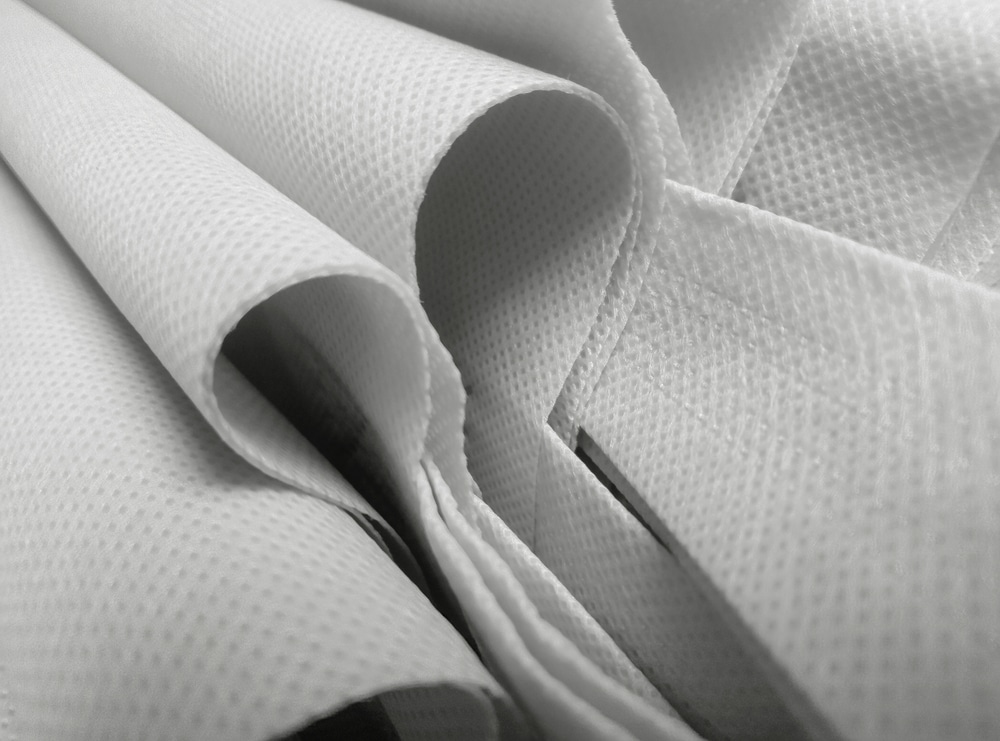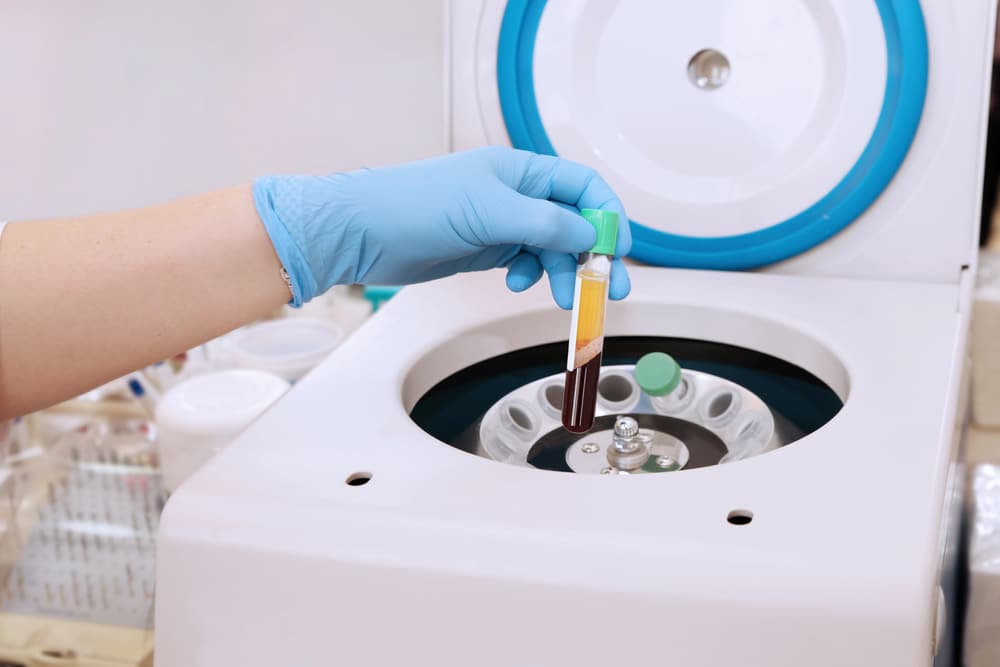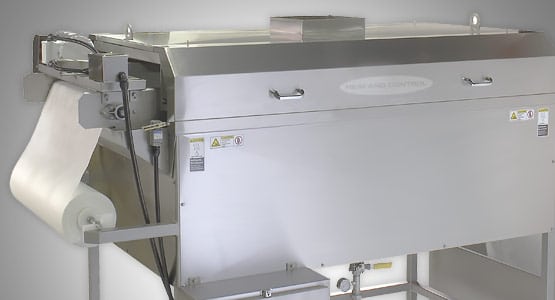Technical textiles play a pivotal role in modern filtration systems, a fact exemplified by the innovations of Great Lakes Filters, a division of Acme Mills. These specialized fabrics, both woven and non-woven, are integral to enhancing filtration efficiency across various industries.
Woven fabrics, known for their precise pore sizes and strength, are essential in applications where consistent filtration is crucial. Their structured weave allows for effective separation of particles, making them ideal for use in industries like pharmaceuticals and food and beverage, where purity and precision are paramount.
Non-woven fabrics, on the other hand, offer versatility and cost-effectiveness. Their random fiber orientation creates a more open and irregular web, which is beneficial for capturing a broader range of particle sizes. This makes them suitable for environmental applications, such as air and water filtration, where they help in removing contaminants effectively.
The properties of these technical textiles – such as their chemical resistance, thermal stability, and filtration efficiency – make them indispensable in modern filtration systems. They are tailored to meet the specific needs of various sectors, ensuring that filtration processes are not only efficient but also compliant with industry standards.
Great Lakes Filters’ expertise in utilizing these technical textiles underscores their commitment to providing advanced and customized filtration solutions. Their role in enhancing the efficiency and effectiveness of modern filtration systems is a testament to the importance of technical textiles in today’s industrial landscape.










